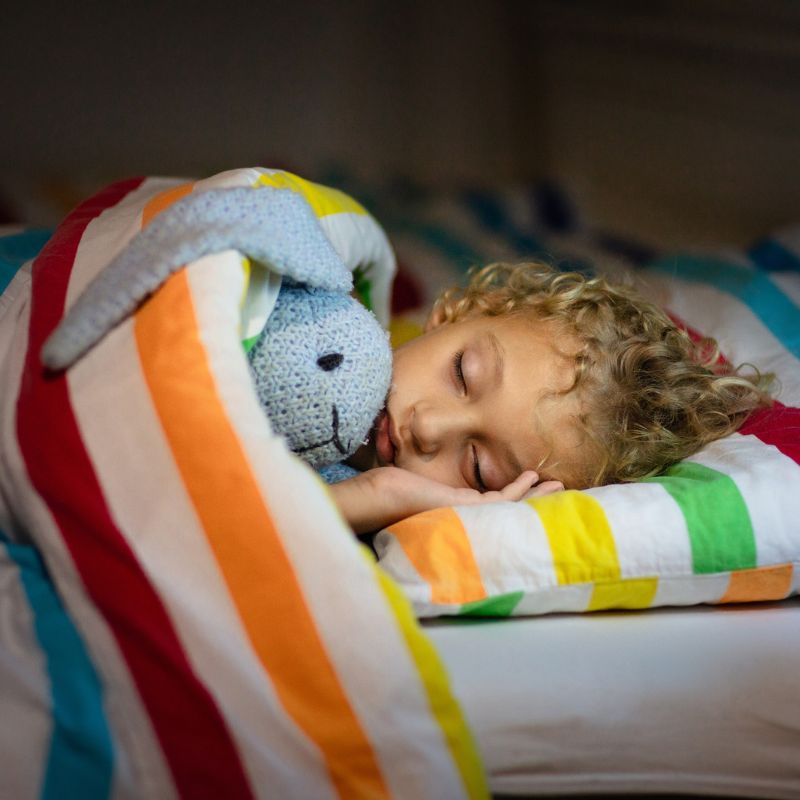Most children become potty trained between 2- and 4-years-old and can control their bladder during the day and night by the age of 4. However, every child is different. When children urinate without control while they sleep, it’s called nocturnal enuresis, also known as bedwetting. It’s a fairly common occurrence that affects more than 5 million school-aged children, and even some teens in the United States.
Bedwetting can be stressful for the entire family, especially your child. Children who wet the bed may feel embarrassed, anxious or develop low self-esteem, which can affect their relationships, education and quality of life. This is why it’s important for parents to remember that bedwetting is not your child's fault, or under his or her control. Family members and friends should not shame or punish the child but should work together to figure out the cause and take steps to help.
Help combat bedwetting and support your child with these tips:
- Reassure your child that bedwetting is normal and won’t last forever
- Encourage your child to use the bathroom regularly throughout the day, and right before bed
- Have your child drink during the day and less at night, and avoid serving caffeinated beverages which increase urination
- Use a motivational system to celebrate dry nights, such as stickers or prizes
- Don’t punish your child for wetting the bed; praise them after dry nights
Generally, wetting the bed before turning 7-years-old isn't a concern. At this age, your child may still be developing his or her bladder control. However, if bed-wetting continues, it’s important to remain calm, patient and understanding. In rare cases, bedwetting can be a sign of an underlying urologic condition that needs medical attention.
Common causes of bedwetting include:
- A smaller bladder, or one that is not fully developed yet
- Deep sleeping or inability to recognize a full bladder
- A higher amount of stress or anxiety than usual
- Constipation
- A family history of bedwetting
Other causes that are less common and may require medical attention include:
- A urinary tract infection (UTI)
- Sleep apnea, which affects breathing while sleeping
- Type 1 or Type 2 diabetes
- A structural problem in the urinary tract or nervous system
Fortunately, most bedwetting cases aren’t serious, and most children outgrow it on their own. If your child continues to struggle with bedwetting, talk to your child’s pediatrician who can help you determine the cause and find a treatment option that will work best for your child and family.
MemorialCare Miller Children’s & Women’s Hospital Long Beach is one of only a handful of hospitals on the West Coast to combine its pediatric urology and nephrology (kidney) programs into one comprehensive Center. Whether a child has a common urological condition, such as bedwetting, or a more complex condition, the Larry & Helen Hoag Foundation Pediatric Urology & Nephrology Center has a team of specially trained pediatric urologists who received additional training to understand a child’s growing body.


